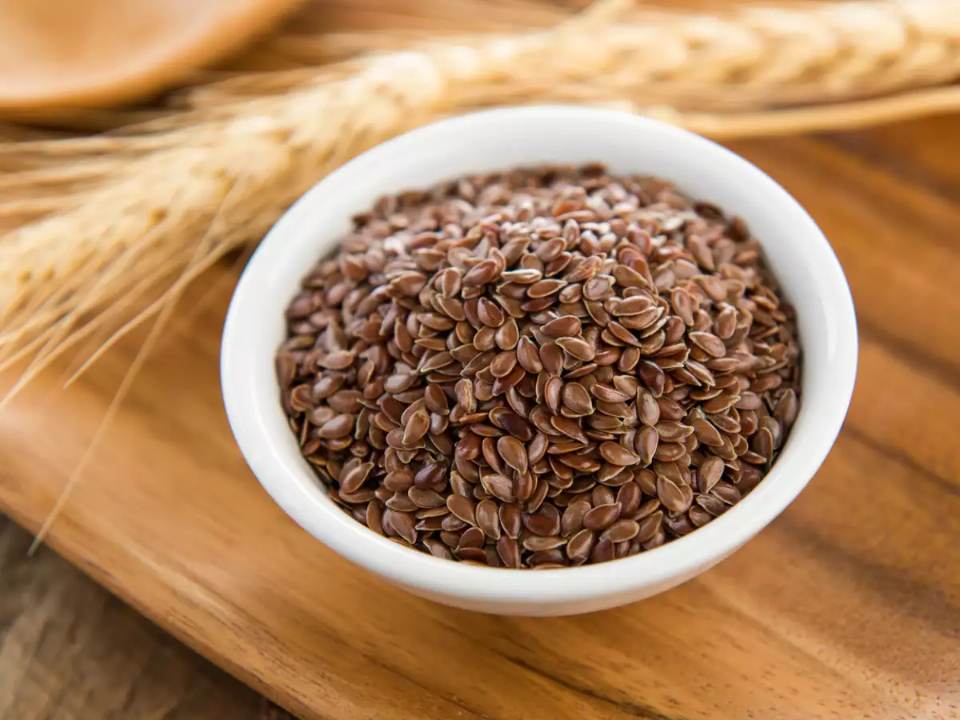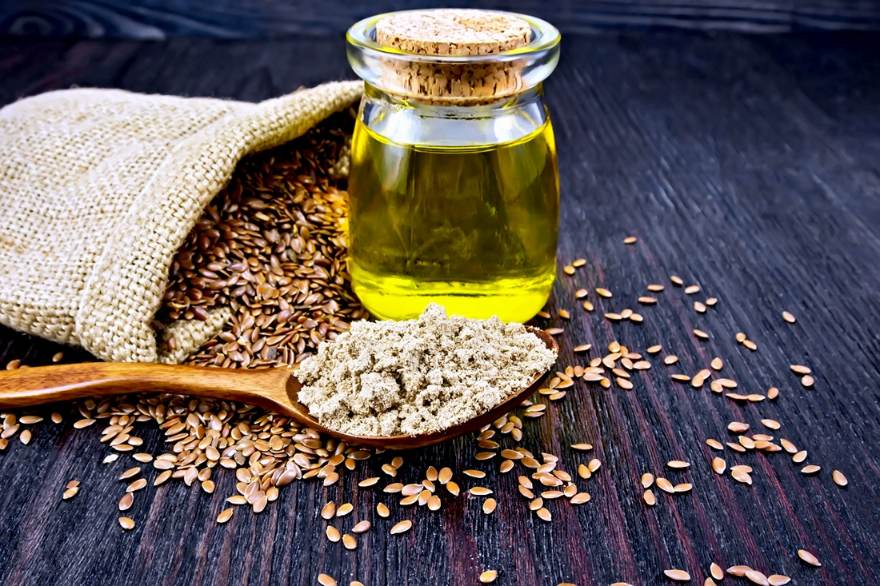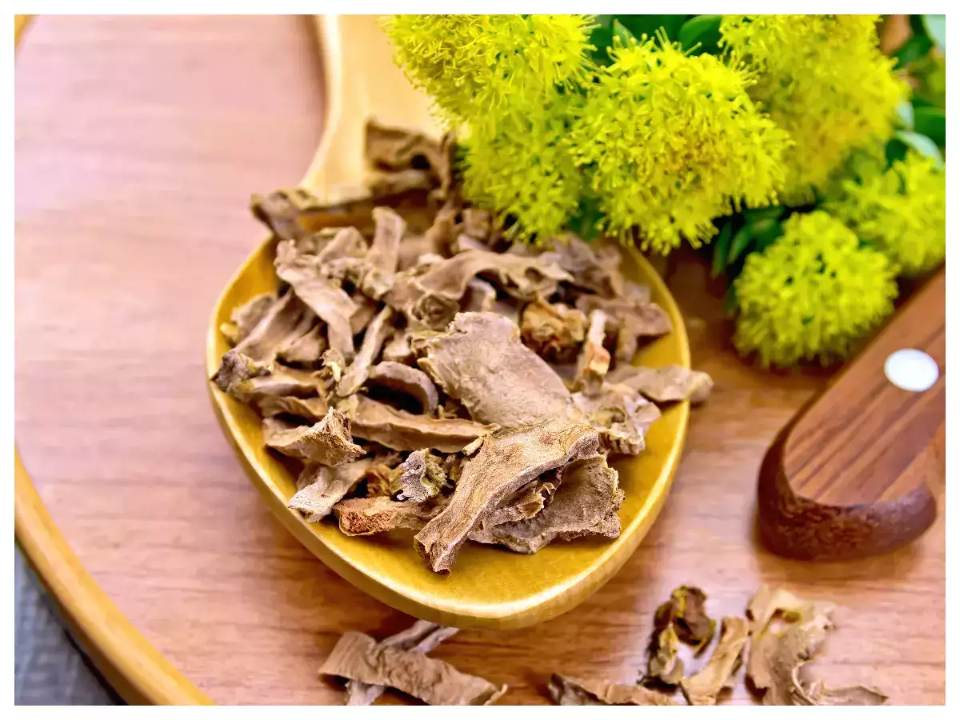The Origins of Flaxseed
A Long History Shrouded in Mystery
Flaxseed, also known as linseed, has been cultivated for thousands of years for its valuable fibers and nutritious seeds. The ancient Egyptians, Greeks, and Romans all recognized the benefits of flaxseed, and it has been used for everything from food to medicine throughout history. Despite its widespread use, however, the origins of flaxseed remain shrouded in mystery.
Tracing the History of Flaxseed
One of the earliest recorded uses of flaxseed dates back to ancient Egypt, where the plant was used for its fibers to create linen clothing and as a food source. The Greeks and Romans also recognized the benefits of flaxseed and used it for its medicinal properties. In fact, Hippocrates, the father of modern medicine, prescribed flaxseed to his patients for its healing properties.
During the Middle Ages, flaxseed became an important crop in Europe, where it was used to make linseed oil for painting and varnishing. It was also used for medicinal purposes, particularly for the treatment of digestive issues and skin conditions.
The Discovery of Flaxseed in North America
Flaxseed was introduced to North America by European settlers in the 17th century. It quickly became an important crop in the colonies, particularly in the northern states. During the American Revolution, flaxseed was used to make clothing for the soldiers, as well as for bandages and other medical supplies.
In the 19th century, flaxseed became an important crop in the western United States, particularly in the Dakotas. It was used primarily for its oil, which was used for cooking and as a lubricant for machinery.
The Mystery of Flaxseed’s Origins
Despite the long history of flaxseed, the exact origins of the plant remain a mystery. Some historians believe that flaxseed originated in the Mediterranean region, while others suggest that it may have originated in the Middle East or Central Asia.
There are also many myths and legends surrounding the discovery of flaxseed. One ancient Greek legend tells the story of the god Zeus giving flaxseed to mortals as a gift of wisdom. Another legend tells of a Chinese emperor who discovered flaxseed after observing the health and longevity of his subjects who ate it.
Uncovering the Truth about Flaxseed’s Origins
Despite the many myths and legends surrounding flaxseed, modern research has shed some light on the plant’s true origins. Genetic studies suggest that flaxseed likely originated in the eastern Mediterranean region, possibly in what is now Turkey or Iran.
Archaeological evidence also supports the idea that flaxseed was cultivated in the eastern Mediterranean region as early as 8,000 BCE. Seeds have been found at archaeological sites in what is now Turkey and Iraq, indicating that the plant was an important food source in the region during ancient times.
Conclusion
While the exact origins of flaxseed may remain a mystery, its long history of use and cultivation is a testament to its value and importance. From its use in ancient Egypt to its modern-day popularity as a superfood, flaxseed has played a significant role in human history. As research continues to uncover more about this amazing plant, it is sure to remain a vital part of our diets and our lives for years to come.

The Incredible Health Benefits of Flaxseed
Nutritional Profile of Flaxseed
Before diving into the health benefits of flaxseed, let’s take a closer look at its nutritional profile. Flaxseed is a rich source of several key nutrients, including:
- Fiber: Flaxseed is a great source of both soluble and insoluble fiber, which can help improve digestion and promote feelings of fullness.
- Omega-3 Fatty Acids: Flaxseed is one of the best plant-based sources of alpha-linolenic acid (ALA), a type of omega-3 fatty acid that has been linked to numerous health benefits.
- Lignans: Flaxseed is the richest dietary source of lignans, a type of phytoestrogen that has been shown to have anti-cancer properties.
- Protein: Flaxseed is a good source of plant-based protein, which can help promote muscle growth and repair.
- Vitamins and Minerals: Flaxseed is a good source of several vitamins and minerals, including vitamin B6, thiamin, magnesium, and potassium.
1. Improves Heart Health
One of the most well-known health benefits of flaxseed is its ability to improve heart health. Studies have shown that the omega-3 fatty acids in flaxseed can help reduce inflammation in the body, which is a major contributor to heart disease. In addition, the lignans in flaxseed have been shown to improve cholesterol levels by reducing the absorption of cholesterol in the gut.
In one study, participants with high cholesterol who consumed flaxseed for three months experienced a significant reduction in both total cholesterol and LDL cholesterol (the “bad” cholesterol). Another study found that consuming flaxseed daily for six months reduced blood pressure in participants with hypertension.
To incorporate flaxseed into your diet for heart health, try adding it to your morning oatmeal, smoothies, or yogurt.
2. Supports Digestive Health
The high fiber content of flaxseed makes it an excellent food for promoting digestive health. Both soluble and insoluble fiber can help regulate bowel movements and prevent constipation. In addition, the mucilage in flaxseed (a gel-like substance) can help soothe the digestive tract and reduce inflammation.
Research has also shown that the lignans in flaxseed may have prebiotic properties, meaning they can promote the growth of beneficial gut bacteria.
To promote digestive health, try adding ground flaxseed to your baked goods, smoothies, or yogurt.
3. Reduces Inflammation
Inflammation is a natural response to injury or infection, but chronic inflammation can contribute to a range of health problems, including heart disease, cancer, and diabetes. Fortunately, the omega-3 fatty acids and lignans in flaxseed have been shown to have anti-inflammatory properties.
One study found that consuming flaxseed daily for six months reduced levels of C-reactive protein (a marker of inflammation) in participants with cardiovascular disease. Another study found that the lignans in flaxseed reduced inflammation in the blood vessels of women with metabolic syndrome.
To reduce inflammation in the body, try incorporating flaxseed into your diet in the form of ground flaxseed, flaxseed oil, or flaxseed meal.
4. Supports Hormonal Health
The lignans in flaxseed have been shown to have phytoestrogenic properties, meaning they can mimic the effects of estrogen in the body. This can be particularly beneficial for women going through menopause, as declining estrogen levels can lead to a range of symptoms, including hot flashes, mood swings, and vaginal dryness.
Research has shown that consuming flaxseed can reduce the frequency and severity of hot flashes in women going through menopause. In addition, the lignans in flaxseed have been shown to reduce the risk of breast cancer by blocking the effects of estrogen on breast tissue.
To support hormonal health, try adding ground flaxseed to your morning smoothie or oatmeal.
5. May Reduce the Risk of Cancer
The lignans in flaxseed have been linked to a reduced risk of several types of cancer, including breast, prostate, and colon cancer. This is thought to be due to the ability of lignans to block the effects of estrogen on cancer cells.
In addition to lignans, the omega-3 fatty acids in flaxseed may also play a role in reducing cancer risk. Studies have shown that omega-3 fatty acids can inhibit the growth and spread of cancer cells.
To reduce your risk of cancer, try incorporating ground flaxseed into your diet on a regular basis.
6. Improves Skin Health
The omega-3 fatty acids in flaxseed can help improve skin health by reducing inflammation and supporting the skin’s barrier function. In addition, the lignans in flaxseed have been shown to have anti-inflammatory properties, which can help reduce the redness and irritation associated with conditions like eczema and psoriasis.
To improve your skin health, try adding flaxseed oil to your diet or using it topically as a moisturizer.
7. Supports Weight Loss
The high fiber and protein content of flaxseed can help promote feelings of fullness and reduce appetite, making it a useful tool for weight loss. In addition, the lignans in flaxseed have been shown to improve insulin sensitivity, which can help regulate blood sugar levels and reduce cravings for sugary foods.
To support weight loss, try incorporating ground flaxseed into your meals or snacks.
8. May Improve Brain Function
The omega-3 fatty acids in flaxseed have been linked to improved brain function and a reduced risk of cognitive decline. One study found that consuming flaxseed daily for six months improved cognitive function in older adults with mild cognitive impairment.
To improve your brain function, try incorporating flaxseed into your diet on a regular basis.
The Nutritional Components and Core Ingredients of Flaxseed
Nutritional Profile of Flaxseed
Flaxseed is a rich source of several key nutrients, including:
- Fiber: Flaxseed is a great source of both soluble and insoluble fiber, which can help improve digestion and promote feelings of fullness.
- Omega-3 Fatty Acids: Flaxseed is one of the best plant-based sources of alpha-linolenic acid (ALA), a type of omega-3 fatty acid that has been linked to numerous health benefits.
- Lignans: Flaxseed is the richest dietary source of lignans, a type of phytoestrogen that has been shown to have anti-cancer properties.
- Protein: Flaxseed is a good source of plant-based protein, which can help promote muscle growth and repair.
- Vitamins and Minerals: Flaxseed is a good source of several vitamins and minerals, including vitamin B6, thiamin, magnesium, and potassium.
Core Ingredients of Flaxseed
Flaxseed contains several core ingredients that contribute to its impressive nutritional profile:
Omega-3 Fatty Acids
Omega-3 fatty acids are a type of polyunsaturated fat that have been linked to numerous health benefits, including improved heart health and brain function. Flaxseed is one of the best plant-based sources of omega-3 fatty acids, with one tablespoon of ground flaxseed providing approximately 1.8 grams of ALA.
Lignans
Lignans are a type of phytoestrogen that are found in high concentrations in flaxseed. These compounds have been linked to a reduced risk of breast cancer, as well as improved cardiovascular health and reduced inflammation.
Fiber
Flaxseed is a great source of both soluble and insoluble fiber, which can help improve digestion, regulate bowel movements, and promote feelings of fullness. One tablespoon of ground flaxseed provides approximately 2 grams of fiber.
Protein
Flaxseed is a good source of plant-based protein, with one tablespoon of ground flaxseed providing approximately 1.3 grams of protein. This can be particularly beneficial for vegetarians and vegans who may struggle to meet their protein needs through diet alone.
Vitamins and Minerals
Flaxseed is a good source of several vitamins and minerals, including vitamin B6, thiamin, magnesium, and potassium. These nutrients play important roles in everything from energy metabolism to bone health.
How to Incorporate Flaxseed into Your Diet
There are several easy ways to incorporate flaxseed into your diet:
- Add ground flaxseed to your morning smoothie, oatmeal, or yogurt.
- Use flaxseed meal as a healthy substitute for breadcrumbs in recipes.
- Use flaxseed oil as a salad dressing or as a substitute for other cooking oils.
- Use ground flaxseed as an egg substitute in baking recipes.
- Add ground flaxseed to your homemade granola or energy bars.
Conclusion
Flaxseed is an incredibly nutritious and versatile food that can provide a range of health benefits. From omega-3 fatty acids and lignans to fiber and protein, the nutritional components and core ingredients of flaxseed make it a true superfood. To incorporate flaxseed into your diet, try adding it to your morning smoothie, oatmeal, or yogurt, or using flaxseed oil in your cooking or as a salad dressing. You can also use flaxseed meal as a healthy substitute for breadcrumbs in recipes or as an egg substitute in baking.
Incorporating flaxseed into your diet is easy and can provide numerous health benefits, including improved heart health, digestive health, and hormonal health. With its impressive nutritional profile and versatility, flaxseed is a great addition to any healthy diet.
Methods for Consuming Flaxseed
Ground Flaxseed
One of the easiest ways to incorporate flaxseed into your diet is by using ground flaxseed. Ground flaxseed is simply flaxseed that has been ground into a fine powder, making it easy to add to a variety of foods.
Ground flaxseed can be added to:
- Smoothies: Add a tablespoon of ground flaxseed to your morning smoothie for a quick and easy nutritional boost.
- Oatmeal: Sprinkle ground flaxseed over your morning oatmeal for added fiber and protein.
- Yogurt: Mix ground flaxseed into your yogurt for a creamy, nutritious snack.
- Baked Goods: Use ground flaxseed as a healthy substitute for some of the flour in your baked goods.
Flaxseed Oil
Another popular way to consume flaxseed is in the form of flaxseed oil. Flaxseed oil is made by pressing the oil from the seeds, which can then be used in a variety of ways.
Flaxseed oil can be used to:
- Make Salad Dressing: Use flaxseed oil as a base for a healthy salad dressing.
- Cook with: Flaxseed oil can be used in place of other cooking oils in many recipes.
- Add to Smoothies: Add a teaspoon of flaxseed oil to your morning smoothie for a boost of omega-3 fatty acids.
Flaxseed Meal
Flaxseed meal is made by grinding flaxseed into a coarse meal, which can then be used in a variety of ways.
Flaxseed meal can be used to:
- Make Baked Goods: Use flaxseed meal as a healthy substitute for breadcrumbs or as an egg substitute in baking recipes.
- Add to Yogurt: Mix flaxseed meal into your yogurt for added fiber and protein.
- Add to Soups and Stews: Sprinkle flaxseed meal over your favorite soups and stews for added nutrition and texture.
Whole Flaxseed
While ground flaxseed and flaxseed meal are the most popular ways to consume flaxseed, you can also consume whole flaxseed. Whole flaxseed can be a bit harder to digest than ground flaxseed, so it’s important to chew it well or grind it before consuming.
Whole flaxseed can be added to:
- Baked Goods: Use whole flaxseed as a crunchy topping for your baked goods.
- Smoothies: Add a tablespoon of whole flaxseed to your morning smoothie for added fiber and omega-3 fatty acids.
- Cereal: Sprinkle whole flaxseed over your morning cereal for added nutrition and texture.

Potential Side Effects and When to Avoid Taking Flaxseed
Introduction
Flaxseed is a nutrient-packed superfood that can provide numerous health benefits. However, like any food or supplement, there may be potential side effects to consider. In this article, we’ll take a closer look at some of the potential side effects of flaxseed and when it may be best to avoid taking it.
Digestive Issues
One of the most common side effects of flaxseed is digestive issues, such as bloating, gas, and diarrhea. This is largely due to the high fiber content of flaxseed, which can be difficult for some people to digest. To reduce the risk of digestive issues, it’s important to start with a small amount of flaxseed and gradually increase your intake over time. Drinking plenty of water can also help.
Hormonal Issues
Flaxseed contains lignans, which are a type of phytoestrogen. While this can be beneficial for women going through menopause, it may not be ideal for everyone. Men, in particular, may want to avoid consuming large amounts of flaxseed, as it may interfere with testosterone levels.
Allergic Reactions
While rare, some people may be allergic to flaxseed. Symptoms of an allergic reaction may include hives, itching, and difficulty breathing. If you experience any of these symptoms after consuming flaxseed, seek medical attention immediately.
Medication Interactions
Flaxseed can interact with certain medications, including blood thinners and cholesterol-lowering drugs. If you are taking any medication, it’s important to speak with your healthcare provider before adding flaxseed to your diet.
Pregnancy and Breastfeeding
While flaxseed is generally considered safe for most people, pregnant and breastfeeding women should exercise caution. Flaxseed contains lignans, which have been shown to have estrogenic effects. While this may be beneficial for some women, it may not be ideal for pregnant or breastfeeding women.
When to Avoid Flaxseed
While flaxseed can be a nutritious and beneficial addition to your diet, there are some situations when it may be best to avoid taking it. These include:
- If you are allergic to flaxseed
- If you are taking blood thinners or cholesterol-lowering drugs
- If you are pregnant or breastfeeding
- If you have a history of hormonal issues or breast cancer
- If you experience digestive issues after consuming flaxseed






